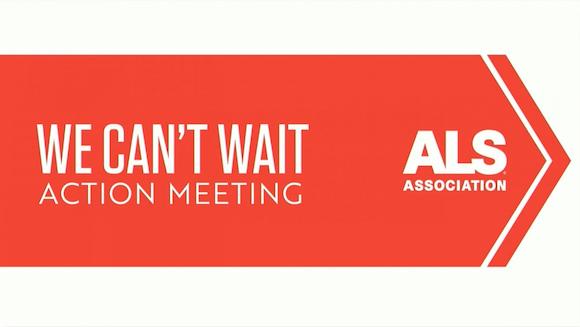
ALS Ice Bucket Challenge Progress

Our Response to the FDA’s Latest Letter and What We’re Doing to Keep Up the Pressure

Following our We Can’t Wait Action meeting with the FDA, we sent a letter to the agency asking it to reaffirm its commitment to the 2019 ALS Guidance and provide us with a detailed report showing how it has implemented the guidance.
This week, the ALS Association received a response from Dr. Patrizia Cavazzoni, Director of the Center for Drug Evaluation and Research. You can read her letter here.
Dr. Cavazzoni states:
We recognize the continued unmet need for treatments for patients living with ALS and are committed to engaging with companies and the patient community to facilitate the development of treatments for this disease. We can also assure you that we are exercising the regulatory flexibility described in FDA’s 2019 guidance for industry titled Amyotrophic Lateral Sclerosis: Developing Drugs for Treatment (ALS Guidance) and we continue to commit to doing so.
We are encouraged that the FDA is committed to the guidance and we appreciate Dr. Cavazzoni’s acknowledgment that there is “unmet need for treatments” for people living with ALS. But the ALS community deserves to know exactly what the FDA is doing to help expedite approval of promising treatments.
While Dr. Cavazzoni states that the FDA is “committed to exercising [the guidance] when appropriate,” that does not appear to be the case when it comes to AMX0035. The Phase 2 trial of AMX0035 met its primary and secondary endpoints and is generally safe, and yet the FDA appears to be requiring another clinical trial of the drug. While Amylyx is working with Health Canada to potentially bring the drug to market for Canadians living with ALS by the end of the year, it could be several years before Americans with ALS are able to access AMX0035, if at all.
Just recently, the FDA used its regulatory flexibility to approve Aduhelm for the treatment of Alzheimer’s disease. This is good news for people living with Alzheimer’s and their loved ones. But we are left to wonder the FDA is not using similar flexibility for a promising ALS treatment with strong safety data that provides clinically meaningful benefits. People with ALS and their loved ones cannot wait.
Our plan continues to be: 1) put public pressure on the FDA, 2) work behind the scenes to expedite change, and 3) seek greater public accountability for FDA.
First, our latest public pressure include comments in an Endpoints article and a guest opinion in Stat News.
Second, we are working with the FDA and pharmaceutical companies behind the scenes to speed the drug development process, but cannot share details due to non-disclosure agreements. We will share what we can as soon as we are able.
Finally, we are continuing to push Congress for changes to the FDA to help expedite getting promising treatments to people with ALS. This includes supporting ACT for ALS, which will create a new research grant program at FDA, as well as a new framework for delivering experimental therapies to people with ALS, and supporting the Promising Pathways Act, which will create a conditional approval pathway similar to the one in Europe.
We will keep you updated on any additional developments while we keep up the pressure.